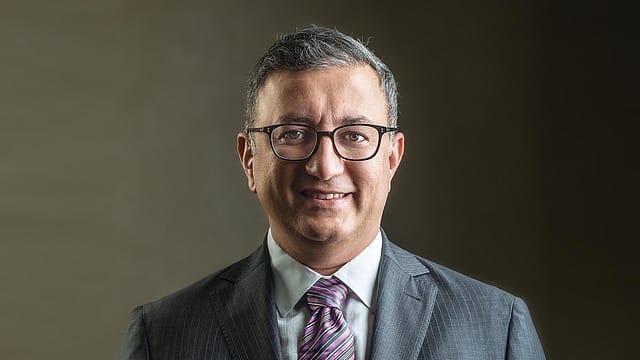Temasek to acquire 41% stake in Manipal Health Enterprises
ADVERTISEMENT

Singapore-based sovereign fund Temasek will acquire an additional 41% stake in Manipal Health Enterprises, taking its overall stake in the hospital chain to 59%.
Following the closing of the transaction, Manipal Group will hold about 30% of Manipal Health. Sheares Healthcare Group, a wholly-owned subsidiary and independently-managed portfolio company of Temasek, will retain its existing 18% stake.
Global alternative asset management firm TPG, which first invested in Manipal Health through TPG Asia VI in 2015, will fully exit, but it will hold an interest of 11% in the hospital chain, through its new Asia fund - TPG Asia VIII. National Investment & Infrastructure Fund (NIIF) will exit its holding from MHE.
"We are very glad for Temasek's acquisition of a significant stake in Manipal Health Enterprises and its support to the management team in building out the platform to its full potential. Investing in healthcare requires a long-term outlook as well as a sensitivity to social responsibility," says Ranjan Pai, chairman of Manipal Group.
Commenting on the deal, Puneet Bhatia, co-managing partner of TPG Capital Asia, says, "Since our investment in 2015, we have witnessed Manipal’s transformational journey of becoming one of the largest, best-managed and patient-centric healthcare networks in India. By re-investing through our new Asia fund – TPG Asia VIII, we look forward to continuing to support Manipal's mission of bridging the quality healthcare infrastructure gap in the country."
Manipal Hospitals is headquartered in Bengaluru and has a pan-India presence. The hospital chain currently serves over 5 million patients a year through its network of 29 hospitals.
According to CRISIL Ratings, revenue of private hospitals will grow 10-11% in fiscals 2023 and 2024 on the back of healthy bed occupancy and sustenance of high average revenue per occupied bed, supported by increasing domestic demand and pick-up in medical tourism. Operating margin of private hospitals will continue to remain healthy at 16-17% until fiscal 2024, although moderating by 200-250 basis points on-year due to increase in employee expenses and pre-operative costs given sizable bed addition, and rising competition, the ratings agency said last month.
In fiscal 2022, private hospitals had reported an all-time high operating profitability of around 19% due to a surge in treatment during the second wave of the Covid-19 pandemic, which also pushed up occupancy levels, and, later, pent-up demand for elective surgeries. Growing health awareness, especially after Covid-19, leading to increase in domestic demand together with recovery in medical tourism, will ensure bed occupancy being maintained at almost similar levels of around 60% even as bed addition continues, said Anuj Sethi, senior director, CRISIL Ratings.
Private hospitals are seeing a gradual return of medical tourism — accounting for 10-12% of revenue pre-pandemic — that got affected considerably during the pandemic, amid travel restrictions. Lower cost of treatments, modern facilities with well-trained personnel, and increasing air-connectivity are expected to restore revenue from medical tourism to pre-pandemic levels, according to CRISIL.